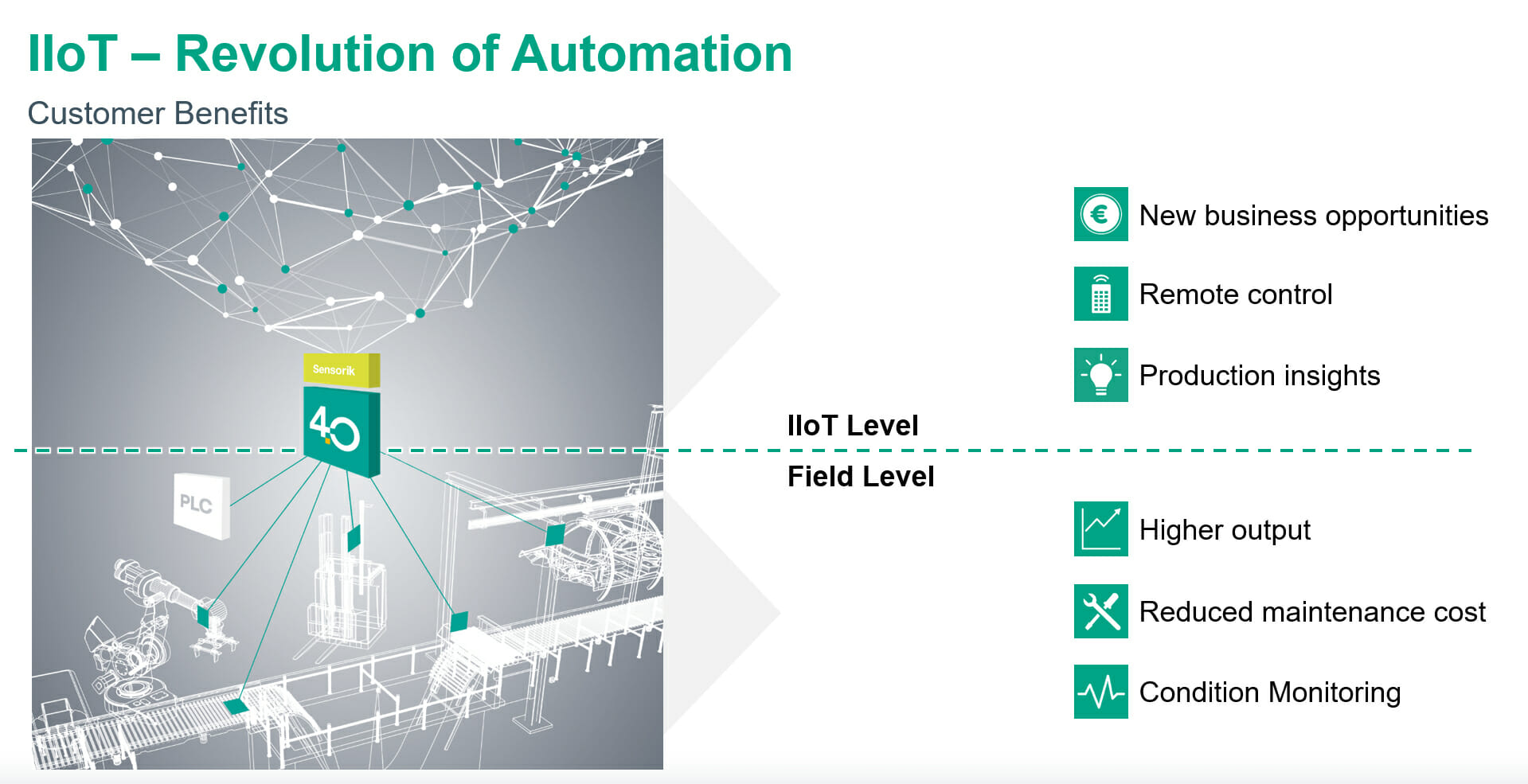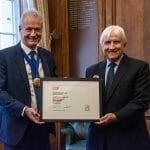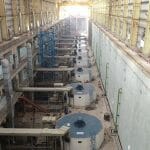In the age of the Industrial Internet of Things (IIoT), plants, products, and systems are becoming increasingly networked. The intelligent combination of IT and OT in industrial environments forms the basis for transparent and efficient processes and reduced production costs, making it possible to tap into completely new business segments.
On November 17, 2020, the events at the second Pepperl+Fuchs Online Summit will focus on the topic of “Driving the IIoT Revolution”. The events will showcase a number of exciting practical examples that demonstrate the advantages of combining IT and OT and the potential this can offer. Keynotes, presentations, and panel discussions will explore the following topics in more detail:

• When using many of the deterministic fieldbus protocols and IIoT protocols currently available on the market—including OPC UA, MQTT, and REST API—it can be difficult to maintain a comprehensive understanding of product features and recognize differences in protocol options. What are the differences between the individual protocols, which type of protocol is most suitable for which applications, and what are the specific advantages for the user?
• Until recently, it was very difficult to control time-critical processes using a PLC while also allowing cloud-based and SCADA systems access to the recorded sensor data. How do the parallel communication capabilities of IO-Link master with MultiLink technology help to provide maximum benefit for the user?
• Many businesses are looking for a simple and cost-effective way to modernize their plants and make them suitable for Industry 4.0. How could we create a retrofit solution for this purpose without having to replace the control system or intervene in an existing system?
• Industry is already reaping the benefits of implementing hybrid systems that use both a control system and a cloud solution. What will the transition to fully cloud-based systems with no higher-level control system look like and what are the possible application scenarios?









